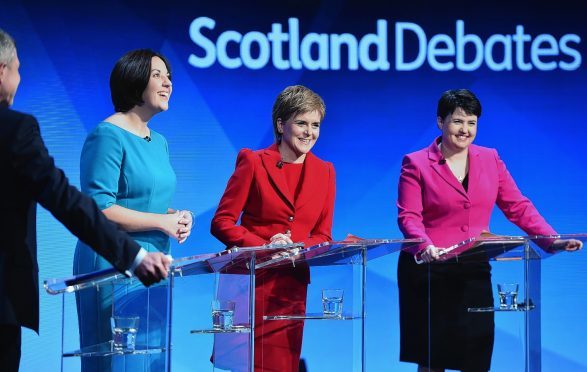In a year of political shocks, Scotland has been something of a source of stability.
Despite major events – the Scottish election and the EU referendum, most notably – the results have been remarkably predictable.
Take, for instance, the Holyrood ballot. Polls had for months, if not years, predicted an SNP victory.
Nicola Sturgeon lost her majority, of course, but still won a convincing victory.
In the case of the Labour/Tory switch, there was a general prescience – if not an overt foresight – it was going to happen.
The margin of Ruth Davidson’s victory was larger than many expected – but it was expected nonetheless.
Brexit was a political earthquake, but in terms of the actual result in Scotland, unremarkable too.
Voters north of the border were consistently and convincingly predicted to back Remain, which they did.
In fact, the only surprise of the night in Scotland was that the pro-EU vote was not larger.
One oft-touted mantra of 2016 has been ‘don’t trust the polls’. In reality, it should be ‘don’t trust the polls outside of Scotland’.
And that brings us to the least surprising political fact of 2016: that, despite all the issues facing Scotland, the constitution continues to dominate discourse.
There is – in some cases – good reason for this. The EU referendum has undoubtedly thrown up serious questions of the Union.
How should Scotland’s strong Remain vote be represented in the context of the UK-wide vote to Leave? Ms Sturgeon’s Brexit battle plan paper – released earlier this week – recognises this.
Yet, with serious questions about the future of the country’s public services – not to mention the major new powers devolved to Scotland – voters, surely, would hope for a different discussion.
For all the shock of the Brexit result, it has failed to move the debate on from 2014.
The polls show it – and, if 2016 has taught us anything, it is that they should be trusted, at least in Scotland.
Scottish politics remains nothing if not predictable.
